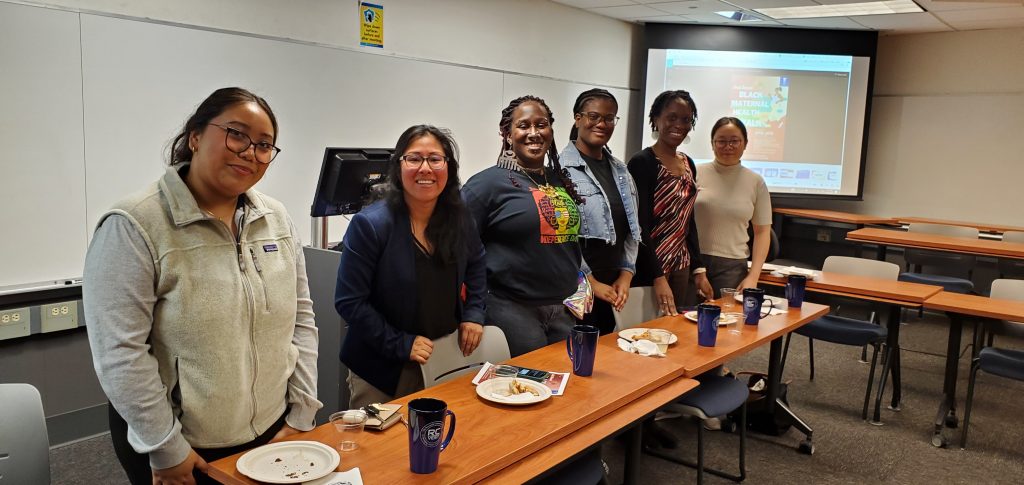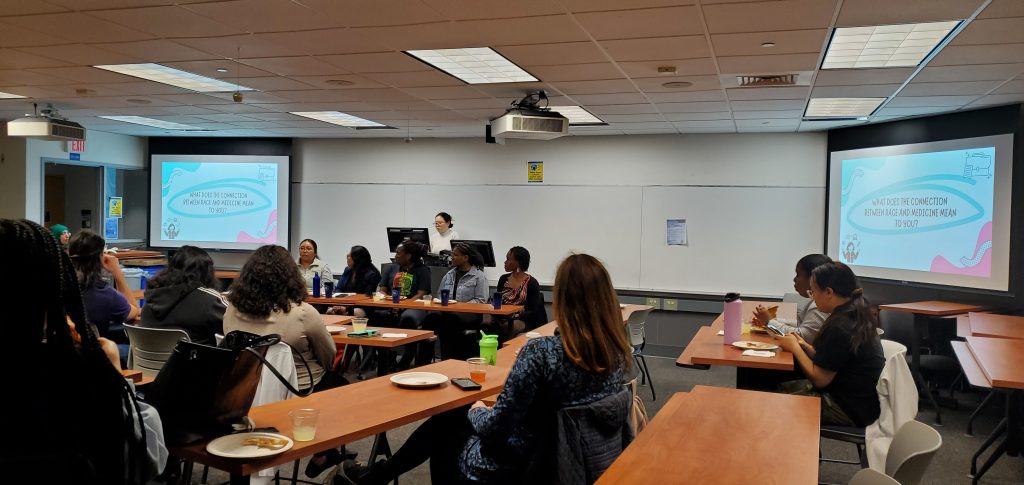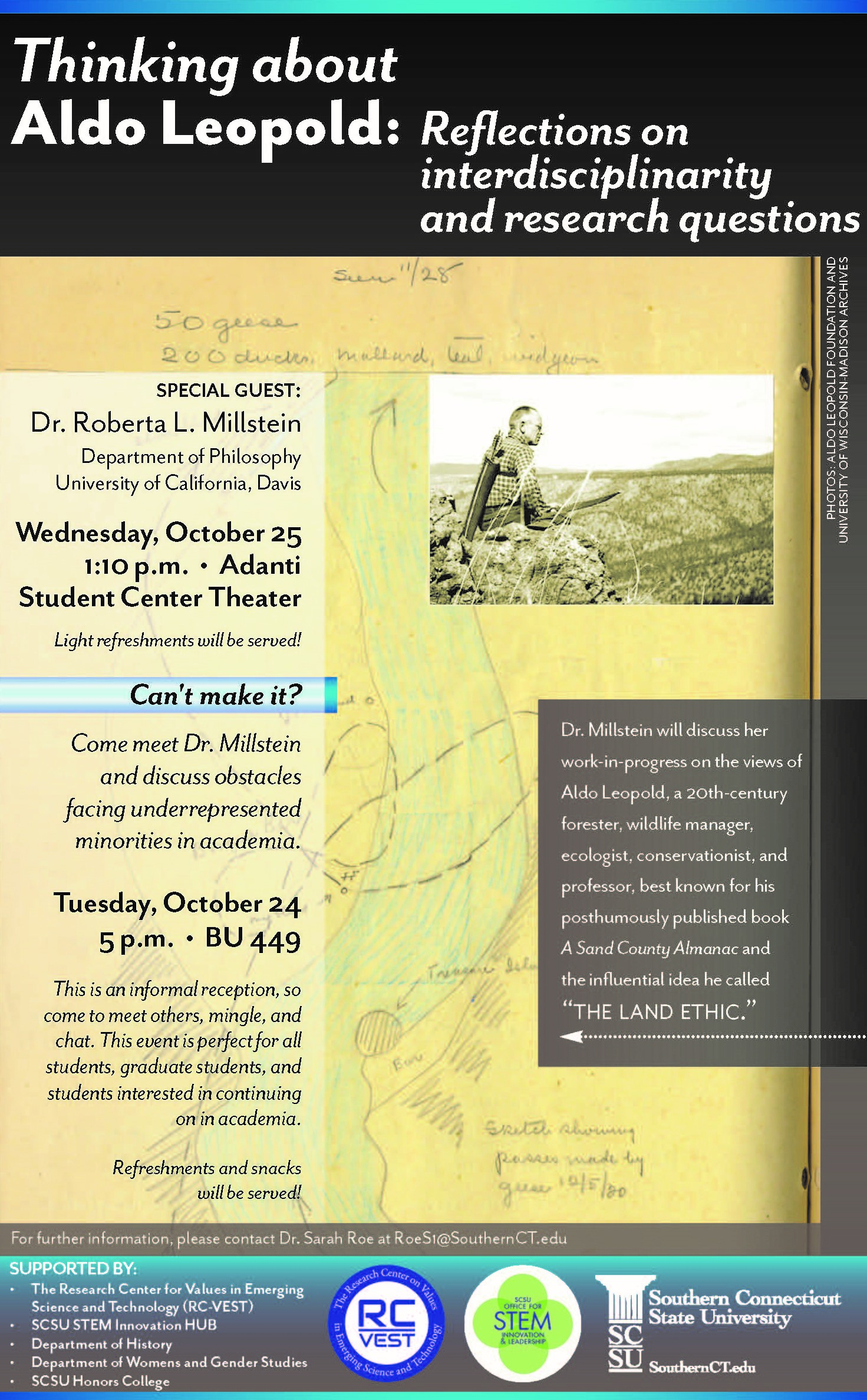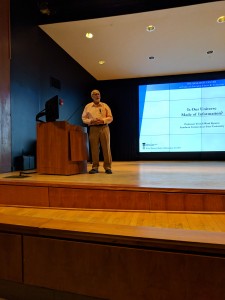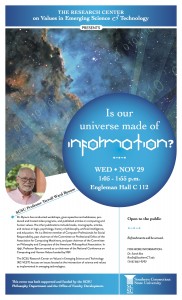AUTHOR
Krystyna Gorniak-Kocikowska
ABSTRACT
The subject
The subject of this paper is the problem of knowledge in relation to the idea of democracy. Democracy is understood here mainly in its basic form, i.e, as „government by the people” and „a state of society characterized by formal equality of rights and privileges.” (Webster’s Dictionary, 1996) An assumption is made that democracy is the best (especially from an ethical point of view) of all forms of organization of human societies known to humankind thus far. In the context of this paper, the relationship between knowledge and democracy in the ICT-driven global society is of special importance. The definition of knowledge accepted in this paper is that it is a „justified and true belief.” (Quinton, 1972)
The premise
Democracy, both as a theoretical concept and in its practical function, progressed since the end of the 18th Century in the area of politics and in many other areas of public life worldwide. This progress accelerated in recent years due largely to the wide-spread use of advanced Information and Communication Technologies (ICT), which serve as news-, information-, and opinion-sharing devices. The newly coined term ‘citizen journalist,’ already widely used in everyday language, captures this phenomenon very well. Some of the most spectacular examples of the development in question can be also found, for instance, in Barack Obama’s election campaign. This campaign is generally regarded as a case of ‘democracy at work’ – mainly because of the immense role ICT played in the successful grass-roots movement initiated by citizens supporting Barack Obama during his bid for the Presidency of the United States. ICT also served as a very efficient medium in a two-way communication between the Candidate and his electorate; a practice President Obama promised to continue.
However, a similar development of democracy cannot be observed in institutionalized structures involving the processes of production (creation), storage (preservation) and distribution (dissemination) of knowledge, despite the very similar beginnings of both, political democracy and the democracy of knowledge. Just like the modern idea of democracy, so too the modern structure and organization of institutions in which the processes of production, storage, and distribution of knowledge take place are the offsprings of the Scientific Revolution which started in Europe in the 16th Century. Indeed, these institutions very often fulfill their functions in support (or at least in acceptance) of the principles of democracy applied to political life. Many – for instance, some universities, research centers, etc. – were created with this particular mission in mind. Yet, while the political democracy developed progressively over time the progress in the area of democracy of knowledge seems by comparison significantly slower or even arrested.
The main thesis
The main thesis of this paper is that today ICT serves as an instrument of global democratization of all three above-mentioned knowledge related processes: production, storage, and distribution. It happens first and foremost because present-day ICT makes access to knowledge much easier and much faster than was possible in the past. Moreover, a much larger number of individuals than in the past has today access to all kinds of knowledge tahnks to ICT. After a long period of near stagnation, the process of democratization of knowldge takes place in a way similar to that which is noticable in political democracy and in many other areas of public life. In particular, the progressing ICT-enhanced democratization of knowledge shares many similarities with the evolution of democracy which took place throughout the 20th Century and in the first decade of the 21st Century in politics and in many public institutions and structures worldwide.
The arguments
To support the thesis of this paper and to illustrate my point, I will rely mainly on two well known phenomena. One of them is the historic development of the idea of democracy and its ‘practial application’ to the public sphere. I will compare this development with the historic development of the idea of knowledge in a democratic society and its ‘practical application,’ in the knowledge-related institutions and organizations.
The second phenomenon is one of the most prominent problems debated in relation to ICT. Namely, it is the existing dychotomy in the approach to the issue of the ownership of knowledge. This dychotomy is most prominently reflected in the controversy between the supporters of intellectual property rights on the one hand and the supporters of knowledge sharing on the other hand. I will examine this controversy in the context of the idea of democracy as well as from the point of view of flourishing ethics (Bynum, 2006) and flourishing human society. I will focus on the process of production, storage and distribution of knowledge taking place in institutionalized formal structures such as universities versus the same processes taking place informally between human individuals using ICT. I will argue that the latter spur the emergence of a ‘citizen scholar.’ Thus, they contribute to the flourishing of the (global) human society organized on the principle of democracy.
The conclusion
The paper’s conclusion will be devoted primarily to the problem of social implication of the emergence of a ‘citizen scholar’ resulting from the progressing democratization of the ICT-driven global society, and from the democratization of knowledge. The value of the activities of ‘citizen scholars’ will be measured by the quality of their contribution to the flourishing of the global society. The flourishing society is regarded here as an ethical and social ideal.
REFERENCES
Bynum, T.W. (2006), Flourishing ethics, Ethics and Information Technology, 8:4, 157-173.
Quinton, A. (1972), Knowledge and Belief, Edwards, P. (ed.in chief), The Encyclopedia of Philosophy, Macmillan Publishing & The Free Press, vol. 4, 345-352.
Webster’s New Universal Unabridged Dictionary (1996), Barnes & Noble Books.
